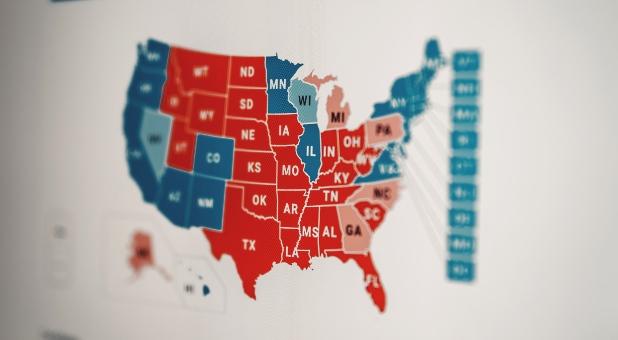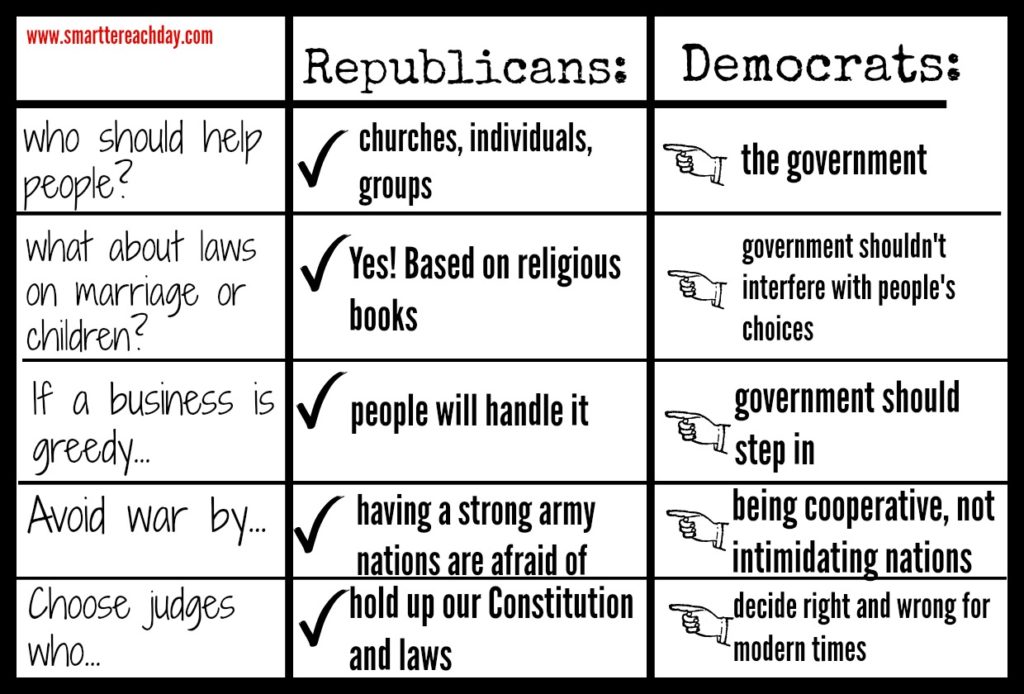US Presidential Elections 2020
Vocabulary : swing state, voter turnout, mail in votes, ballot, bias, media, fraud.
- Who are the nominees in the 2020 US elections?
- Have you seen a presidential debate?
- How do presidential elections differ from the US election in your country?
- Do voters have to register in your country?
- Do you understand the difference between the Electoral college and the popular vote?
- What do you think are the main “planks” in each party’s platform?
- Which candidate appeals to you? Why?
Trump. November 5th White House
Donald Trump: (00:08)
Good evening. I’d like to provide the American people with an update on our efforts to protect the integrity of our very important 2020 election. If you count the legal votes, I easily win. If you count the illegal votes, they can try to steal the election from us. If you count the votes that came in late, we’re looking to them very strongly, but a lot of votes came in late.
Biden. November 6th Delaware.
But never forget: the tallies aren’t just numbers – they represent votes and voters, men and women who exercised their fundamental right to have their voice heard. And what is becoming clearer each hour is that a record number of Americans – from all races, faiths, religions – chose change over more of the same.
They have given us a mandate for action on Covid, the economy, climate change, systemic racism. They made it clear they want the country to come together – not continue to pull apart.
Elections: voting vocabulary USA

There are two main parties : Republican and Democrat.
The presidential candidates are ….. and ……
The Republicans are red and the Democrats are blue.
Have you voted ?
Did you vote in person or by mail ?
Who did you vote for?
Did ……………. (state) vote Republican, Democrat or is it uncertain at the moment?
When you vote what influences your vote?
Issues affecting people’s votes
The economy, taxation, health, the pandemic ( more/less lockdowns, developing treatments/vaccines), climate change, the environment, immigration(more/less immigrants), religious freedom, racial issues, employment : jobs, ethical decisions : abortion, transgender operations on children, homosexual marriage; defense, foreign policy.


